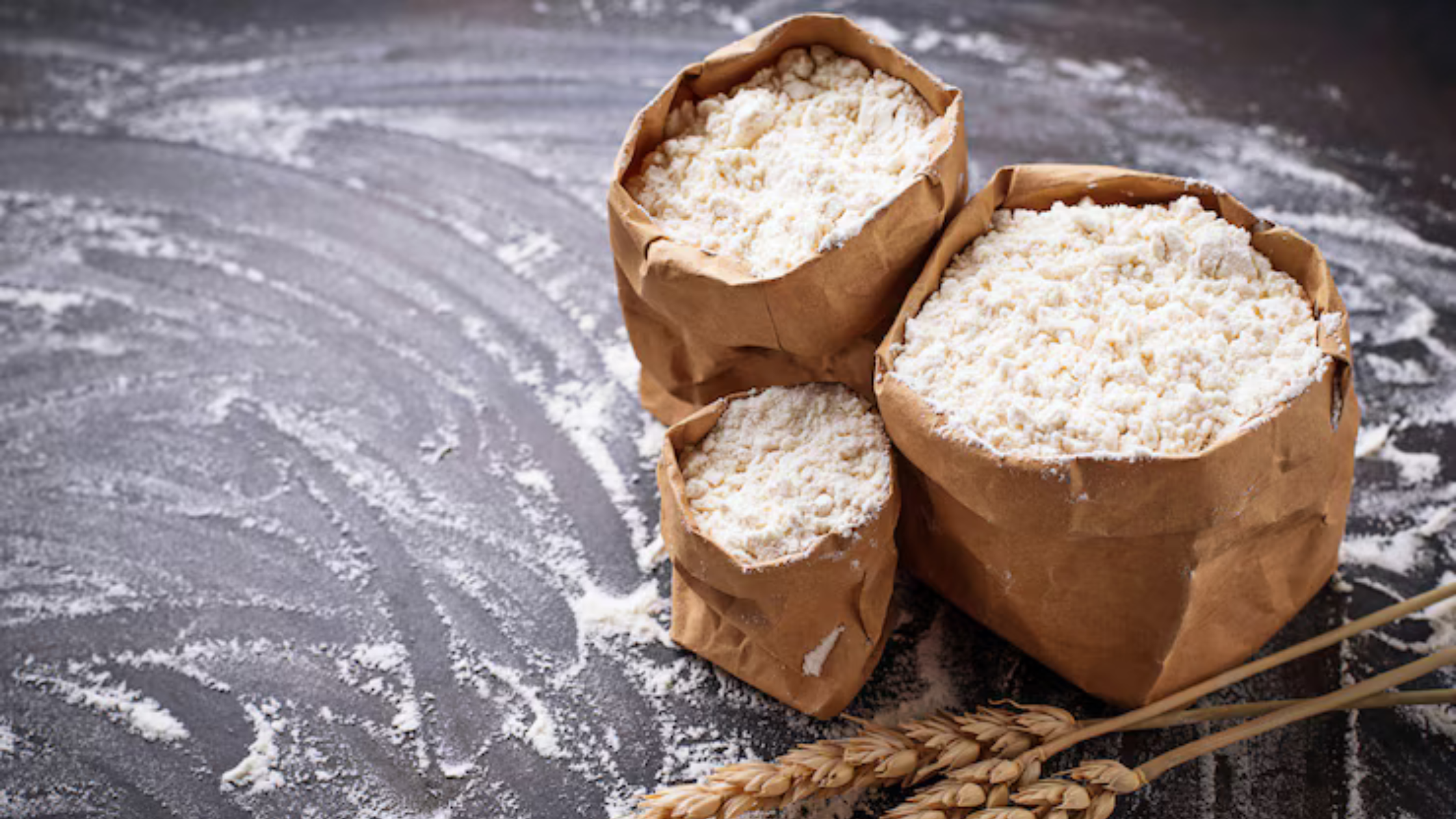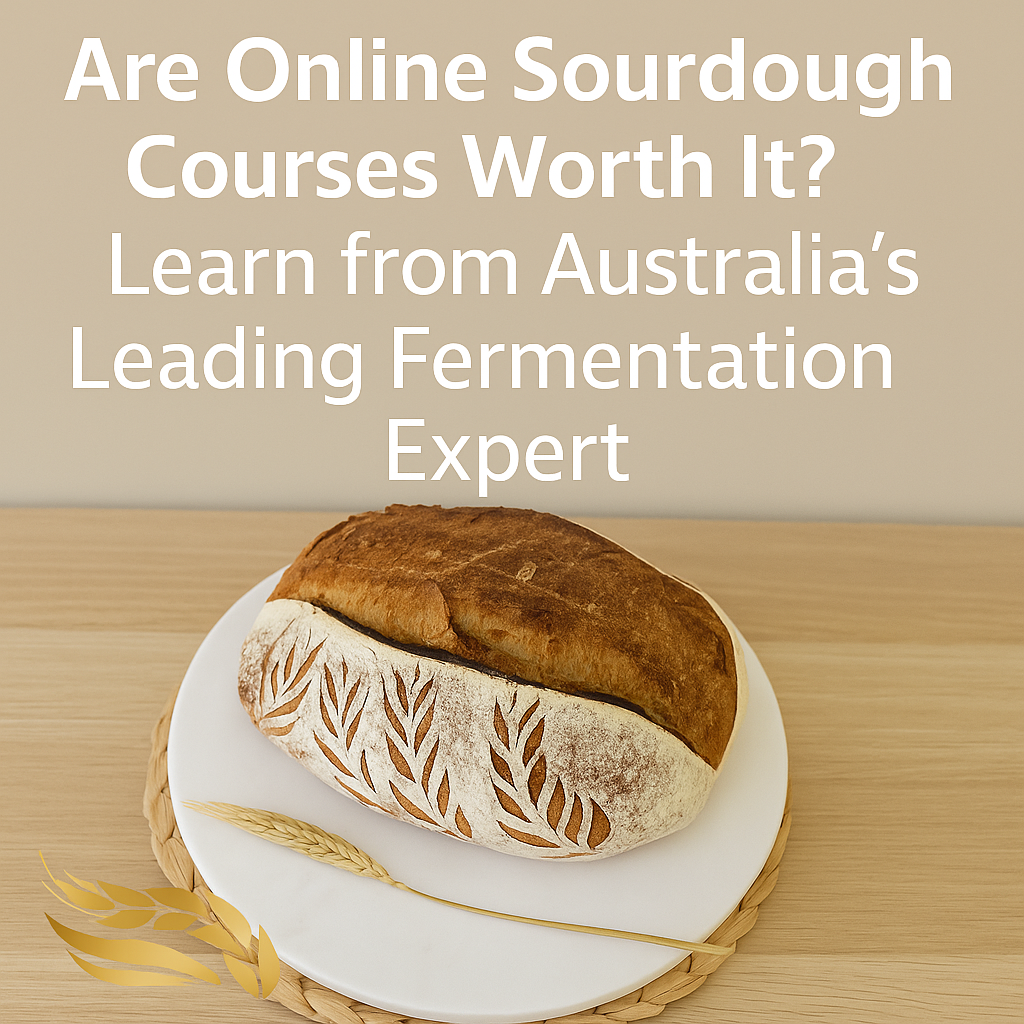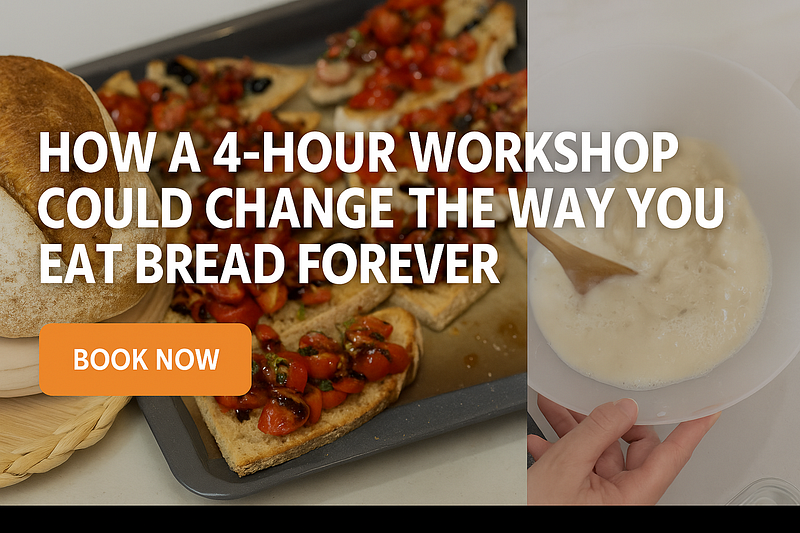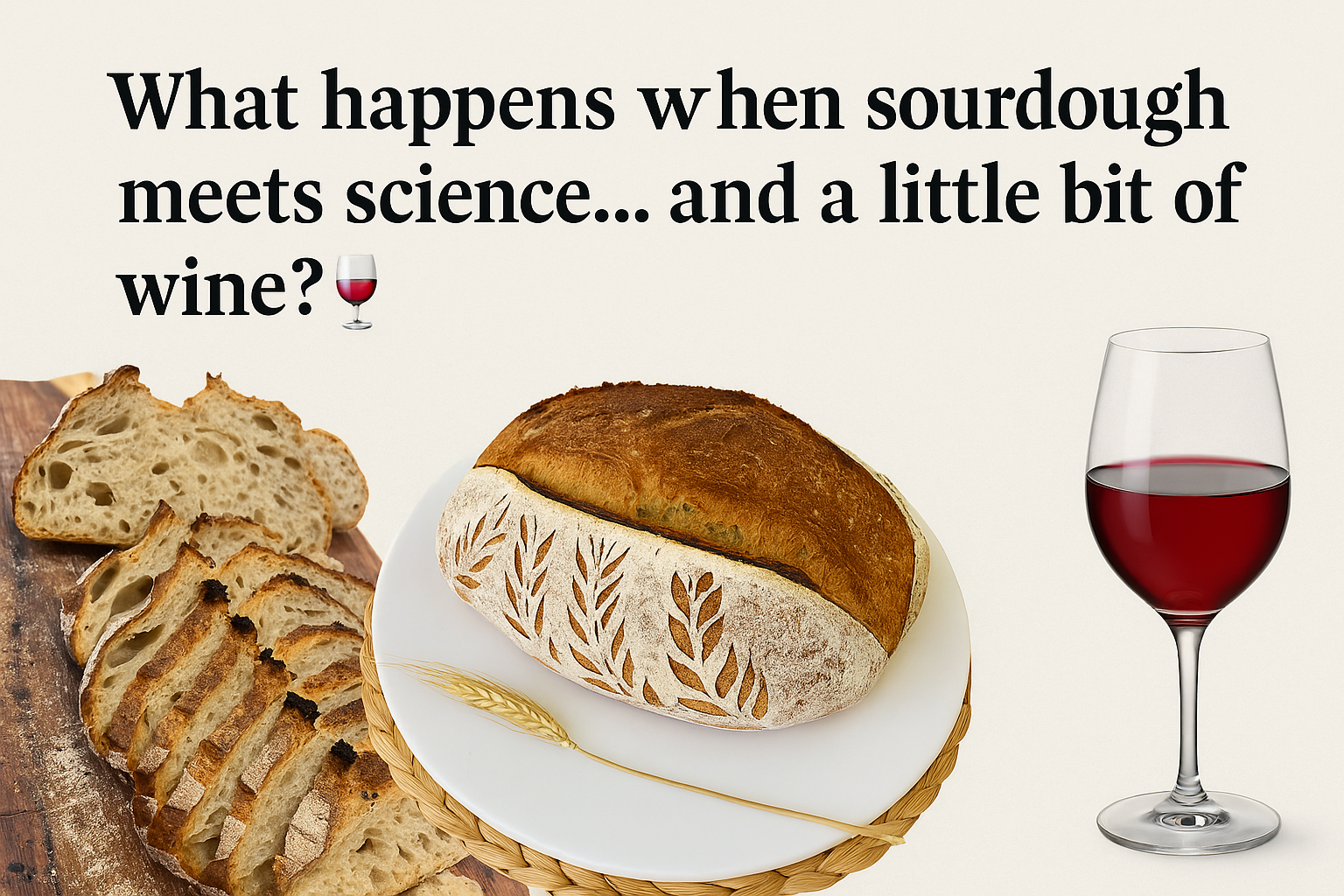Why I’ll NEVER Bake with Supermarket Flour Again…

Strong 8k brings an ultra-HD IPTV experience to your living room and your pocket.
The Day My Sourdough Starter Died
It was a quiet Sunday morning when my sourdough starter—affectionately named "Gio"—just… stopped. No bubbles. No rise. Just a sad, lifeless sludge sitting in its jar on the countertop. I’d followed all the steps, used filtered water, kept it warm, and nurtured it with the regularity of a Swiss clock.
So what went wrong?
The culprit was hiding in plain sight: supermarket flour.
That seemingly harmless, white, powdery staple—stacked neatly in plastic bags and priced to please—was quietly sabotaging my bread and my gut. That day marked a turning point. I haven’t touched supermarket flour since. And I never will again.
Let me tell you why.
The Dirty Secrets Hiding in Supermarket Flour
We assume flour is flour. White, brown, wholemeal—it all looks the same and it all bakes the same, right?
Wrong.
Supermarket flour is not designed for nutrition. It’s engineered for shelf life and profit margins.
Here’s what that means in practice:
- It’s often bleached and stripped of its natural nutrients.
- The grain is over-processed, removing the germ and bran (where most of the nutrients and flavour live).
- It’s milled for stability, not fermentation.
- And perhaps worst of all—it’s often sprayed with pesticides like glyphosate, a chemical linked to gut damage and microbiome disruption.
It’s Not Just Bad for You—It’s Bad for Your Starter
When you feed your sourdough starter with dead, lifeless flour, you’re literally starving it. Starters thrive on the wild yeasts and bacteria that naturally exist in high-quality, minimally processed flours. Without those nutrients and microbes, your starter weakens, your dough fails to rise, and your gut can feel the consequences.
As a professional sourdough educator, I’ve seen this over and over. Students come to my classes frustrated:
“My bread is flat.”
“My starter isn’t bubbling.”
“Sourdough doesn’t agree with my stomach.”
Nine times out of ten, the root cause is supermarket flour.
Real Flour, Real Results
So, what’s the alternative?
Flour that’s made for your health, not just your pantry.
At The Sourdough Science Academy, we use only:
- Certified organic
- Stone-ground
- High-extraction
- Nutrient-dense flours
Why does this matter?
1. Organic Means No Nasties
Organic flours aren’t sprayed with synthetic pesticides. That means your starter—and your gut—aren’t exposed to glyphosate or other harmful residues. You’re baking with something nature intended to be eaten, not stored on a shelf for years.
2. Stone-Ground Means Full Nutrition
Modern roller mills strip out the germ and bran. Stone grinding keeps those parts in, offering richer flavour, better fermentation, and more nutrients.
3. High-Extraction Means Better Digestion
High-extraction flour retains more of the grain’s original components, which supports healthy fermentation. That means:
- A more active starter
- Dough that rises beautifully
- Bread that’s easier to digest (especially if you’re sensitive to gluten)
How One Simple Change Transformed My Baking
When I made the switch to better flour, everything changed.
Gio came back to life. My dough doubled effortlessly. The bread? Crusty, golden, open-crumbed, and deeply satisfying. Even better, my bloating disappeared. I was finally enjoying sourdough the way it’s meant to be enjoyed—without discomfort, guesswork, or flat loaves.
And it wasn’t just me. Hundreds of students from Gold Coast to Brisbane started reporting the same results after attending our classes or switching to the flours we recommend.
Why You Can Trust This Advice
The Sourdough Science Academy isn’t just another baking blog. Founded in 2021 by Roberto Giammellucca (that’s me), our mission is rooted in lived experience and professional practice.
- We’ve taught thousands of students across in-person workshops, corporate events, and online courses.
- We’ve seen countless transformations—from people with gluten intolerance baking bread they can finally eat, to professionals leveling up their craft.
- We don’t just talk the talk. We use these flours every weekend in our hands-on workshops.
- Our academy has over 100+ five-star reviews, praising not just the bread, but the digestive health improvements and welcoming atmosphere.
And yes, we back it up with lab-tested sourdough science.
If you're wondering whether better flour makes a real difference... it does. And we have the experience and results to prove it.
How to Ditch Supermarket Flour and Bake Like a Pro
Making the switch doesn’t have to be complicated. Here’s how to get started:
1. Choose Organic
Look for certified organic flours. Organic grains are grown without synthetic pesticides and have higher microbial diversity—ideal for fermentation.
Try this: Kialla Organic White or Wholegrain Flour — one of our favourites for consistent, strong sourdough rises.
2. Buy High-Extraction or Wholegrain
These flours retain more of the original grain, feeding your starter better and boosting nutritional value.
Pro Tip: Blend a high-extraction flour with your organic white flour (50/50) for a great balance of strength and flavour.
3. Go Stone-Ground When Possible
This old-school method produces flour with more character and nutrients. It’s easier on your gut and better for fermentation.
4. Store It Right
Even the best flour can go bad. Keep it cool and dry—ideally in an airtight container in the fridge if you bake infrequently.
5. Buy From Trusted Sources
Health food stores often charge premium prices—but you don’t have to overpay. We stock the same organic flours we use in our workshops, often cheaper than retail.
Example: Kialla Organic – $12/700g at health stores vs. $8.50/kg in our shop.
The Real Cost of Cheap Flour
Supermarket flour may seem cheap at checkout. But if it:
- Ruins your starter,
- Wastes your time,
- Causes digestive upset,
- Or results in flat, sad loaves...
…it’s not actually saving you anything.
The right flour isn’t an expense—it’s an investment. In your health. In your gut. In your baking joy.
What Our Students Say
Don’t just take my word for it. Here’s what some of our workshop participants have shared:
🗣️ “I was ready to give up on sourdough—nothing worked. Then I learned about supermarket flour. Switching changed everything!”
🗣️ “I always blamed my gut. Turns out, it was the flour. Now I bake bread I can actually digest.”
🗣️ “Chef Roberto explained it all so clearly—finally someone who gets sourdough and doesn’t make you feel silly for asking questions.”
Ready to Bake Bread That Rises AND Nourishes?
You’ve read this far, which means you’re serious about your sourdough. Whether you’re brand new or a seasoned home baker, you deserve flour that supports your goals—not sabotages them.
That’s why we don’t just warn against supermarket flour. We provide better alternatives:
✅ Organic
✅ Stone-ground
✅ High-extraction
✅ Nutrient-rich
✅ Fermentation-friendly
And because we believe education should be hands-on and empowering, you can learn with us in our weekend workshops—just outside Gold Coast and Brisbane—or online from anywhere in the world.
Shop Smarter, Bake Better
You can find the same premium flours we use in our classes on our website—at a better price than most health stores.
👉 Visit: https://thesourdoughscience.com/shop/
Still unsure? Message me directly. I’m happy to recommend the best flour for your starter, your baking style, and your budget.
Final Thought: Bread Is Life. Don’t Settle.
The bread you bake becomes the food you eat, which becomes the body you live in. If you care about what you eat—and how it makes you feel—then it’s time to ditch supermarket flour for good.
Not just for your bread.
For your gut.
For your health.
For your joy.
And for a starter that finally rises again.
Note: IndiBlogHub features both user-submitted and editorial content. We do not verify third-party contributions. Read our Disclaimer and Privacy Policyfor details.







